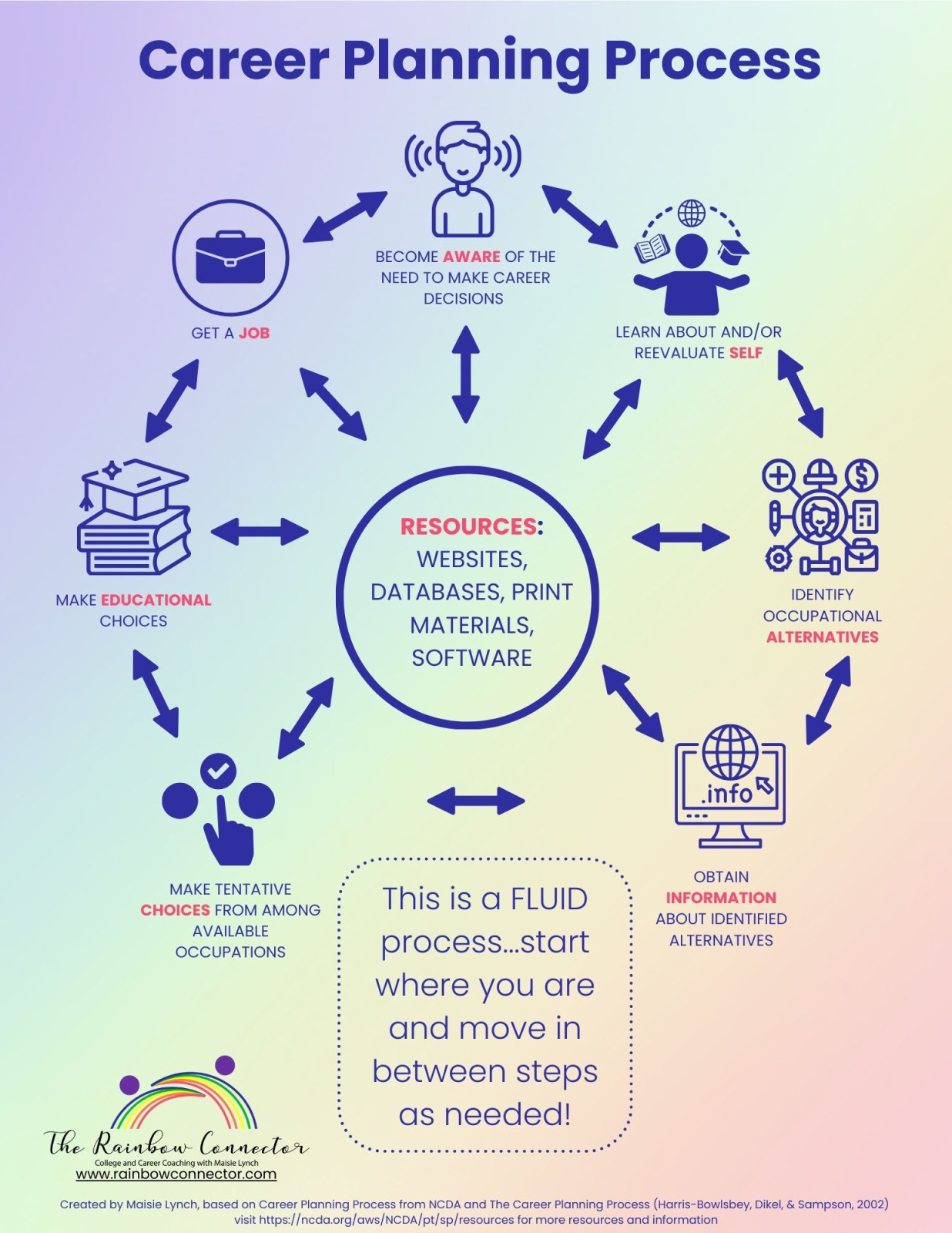
Hello Incredible Minds!
Welcome to a space where being different is not just accepted, it's celebrated. If you have one of the many neurodivergencies it just means your brain works a bit differently from the 'typical' norm, and you're in the right place. This post is all about embracing your neurodivergence as a superpower, especially when it comes to your career path.
Understanding Neurodivergence: First off, what does it mean to have a neurodivergent mind? Neurodivergence is a term that encompasses a range of diagnoses related to neurological development and functioning. Individuals who have neurodivergent minds often experience and interact with the world in ways that differ from what is considered typical or neurotypical.
Below is a list of some diagnoses that are commonly recognized under the umbrella of neurodivergence. By no means should this be considered an exhaustive list. In addition, bear in mind that the list changes depending on which sources you use. While each of these diagnoses has its unique traits, they all share one common feature: a brain that functions differently from what is conventionally expected:
Autism Spectrum Disorder (ASD)
Attention Deficit Hyperactivity Disorder (ADHD)
Dyslexia
Dyspraxia (Developmental Coordination Disorder)
Dyscalculia
Tourette Syndrome
Obsessive-Compulsive Disorder (OCD)
Sensory Processing Disorders
It's important to note that neurodivergence is a concept that's continually evolving, and there's ongoing discussion about which diagnoses are included. Additionally, each of these diagnoses is unique and can vary greatly in how they affect individuals. Some people may have multiple neurodivergencies, and the way these diagnoses manifest can differ widely from person to person. However, I have yet to meet someone with a neurodivergent mind who doesn't have their own set of superpowers!
The Superpowers of a Neurodivergent Brain
- Unique Problem-Solving Skills: Individuals with neurodivergencies often approach problems in novel ways. For instance, many with ASD have an incredible ability to focus on details, leading to innovative solutions that others might miss.
- Creativity and Innovation: Did you know that famous personalities like Leonardo da Vinci and Albert Einstein are thought to have had neurodivergencies? Their unique thinking patterns contributed to some of the world's greatest innovations.
- Hyperfocus: Many individuals with ADHD can hyperfocus on tasks that interest them, leading to high levels of productivity and expertise in their areas of passion.
- Exceptional Memory: Some individuals with neurodivergencies, particularly those on the autism spectrum, have exceptional memory skills, which can be a significant asset in many professional and academic settings.
- Empathy and Sensitivity: Despite misconceptions, many Individuals with neurodivergencies, especially those with ASD, can be incredibly empathetic and sensitive to the emotions of others.
While there are many superpowers that may be associated with individuals with neurodivergencies, they don't come without their challenges.
Challenges for Individuals with Neurodivergencies
- Sensory Sensitivities: For those with sensory processing sensitivities, environments like a noisy workplace can be overwhelming. Using tools like noise-canceling headphones or creating a sensory-friendly workspace can help.
- Social Communication: For some, especially on the autism spectrum, social interactions can be challenging. Engaging in social skills training or therapy can be beneficial. Websites like Autism Speaks offer resources for social skill development.
- Learning Differences: For those with dyslexia or other learning differences, using text-to-speech software or audiobooks can make learning more accessible.
Navigating Career Exploration
When it comes to careers, focus on finding a path that aligns with your strengths. Consider careers where your unique skills can shine. For instance, someone who can hyperfocus might thrive in fields like research or programming. Remember, career planning is a journey, and it's okay to explore different paths.
Seeking Support
- Professional Guidance: A career counselor, especially one experienced in working with individuals with neurodivergencies, can be a great asset. They can help you identify and understand your strengths and how to leverage them in your career. If you'd like to book a free call with me to see if I would be a good match, click here.
- Peer Support: Connecting with other individuals with neurodivergencies through forums or support groups can provide a sense of community and shared understanding.
- Therapy and Coaching: Engaging with therapists or coaches who specialize in neurodiversity can offer strategies to manage challenges and capitalize on your strengths.
Conclusion: Celebrate Your Neurodivergence
Having a neurodivergent mind is a unique aspect of who you are. It comes with its own set of challenges, but also a host of incredible strengths. Embrace your differences, and remember, your brain's unique wiring is not just a quirk – it's a superpower that can lead to a fulfilling life and career.
Stay true to yourself, embrace your neurodivergent superpowers, and remember: the world needs the unique perspective that only you can offer.
Resources and Tools to Consider
Career Exploration: O*NET Online
Career Service Providers: If you'd like to see if I'd be a good match to guide you through the Career and/or College Planning Process, book a free consultation with me today
Educational Planning: College Board
Executive Functioning Tools: Evernote
Interview Preparation: YouTube videos, including specific ones for those with neurodivergencies like this one.



















0 Comments